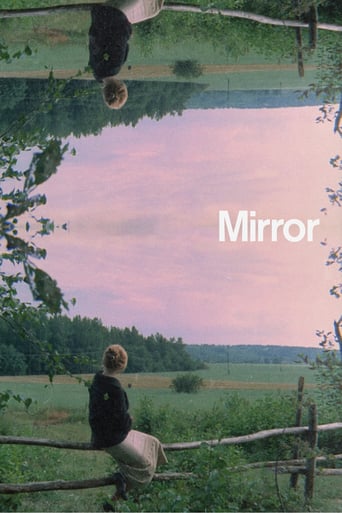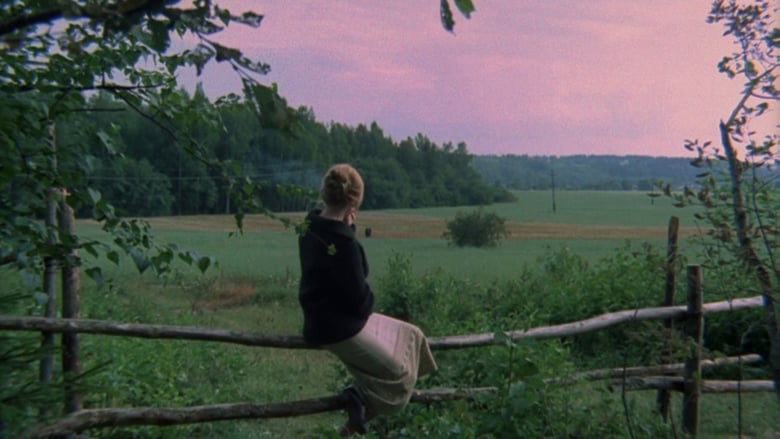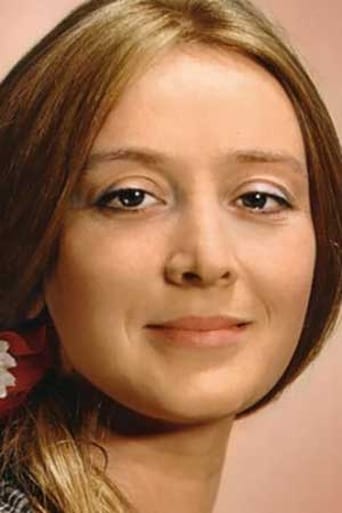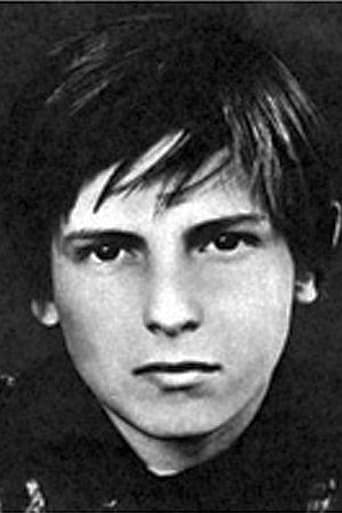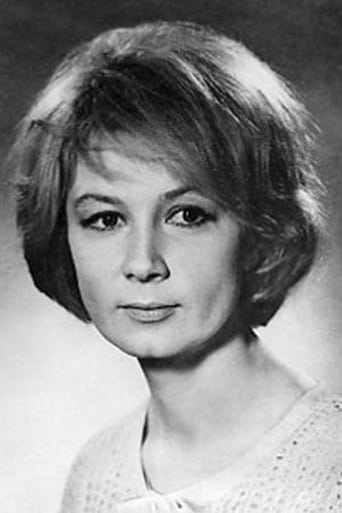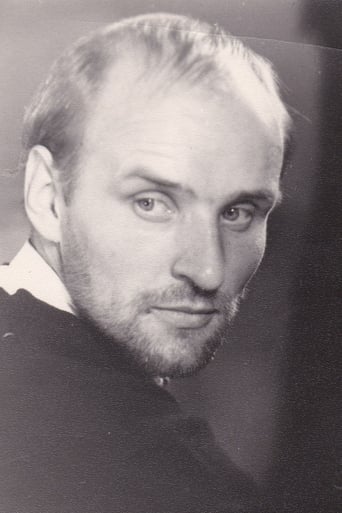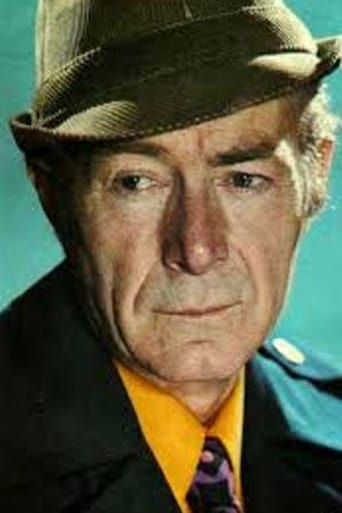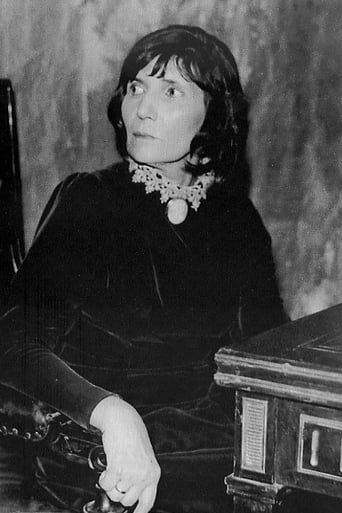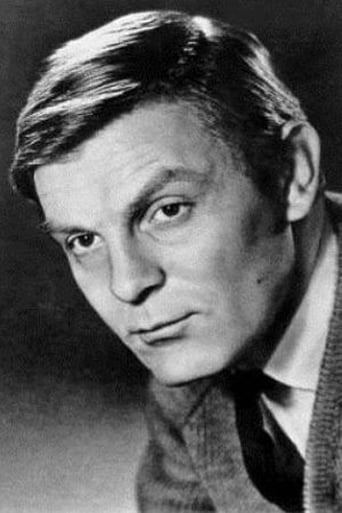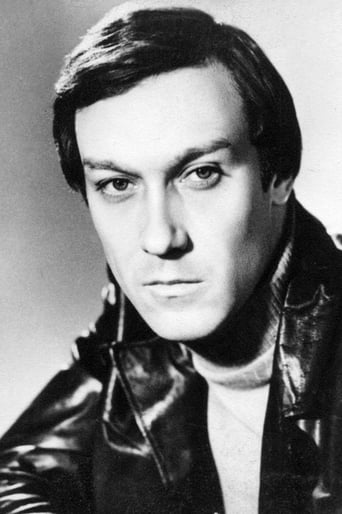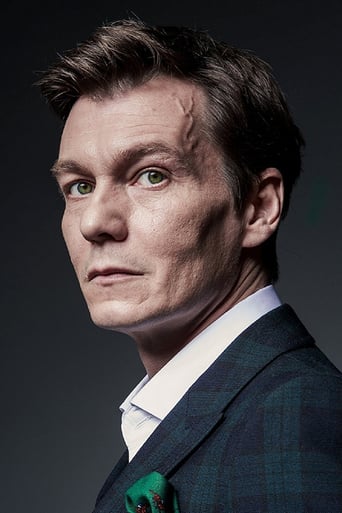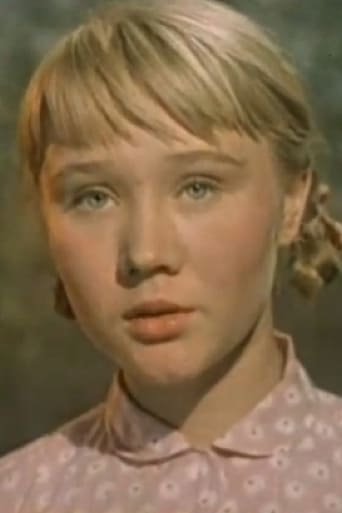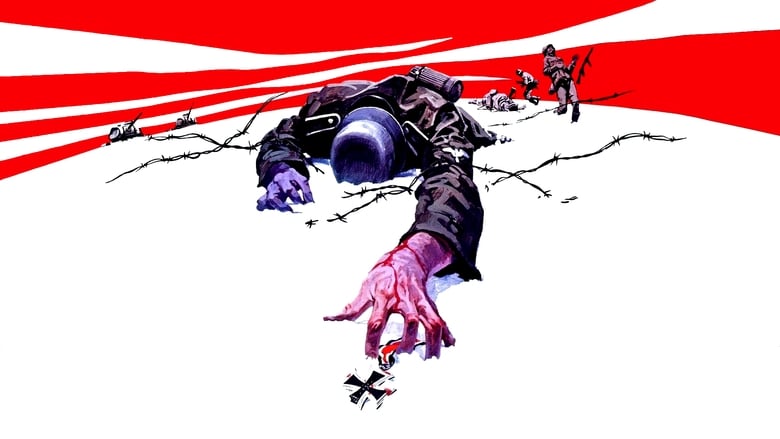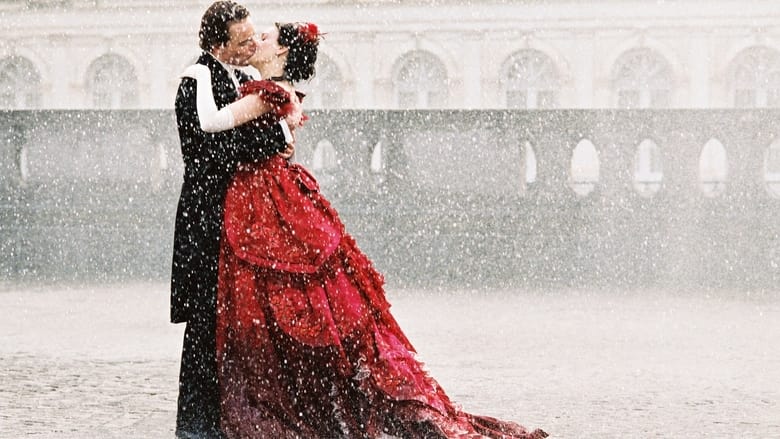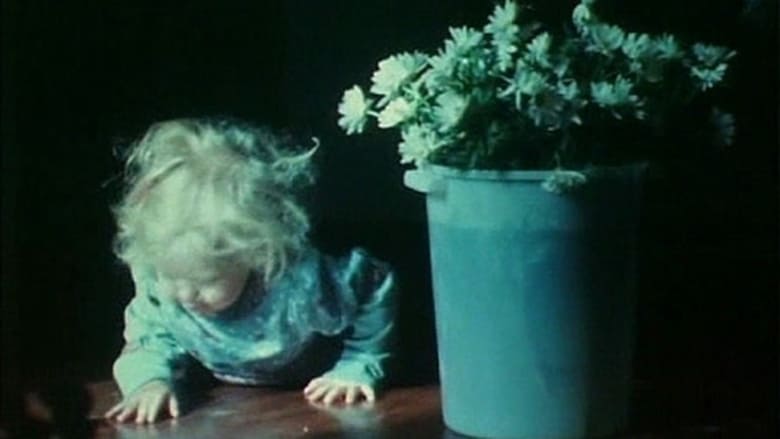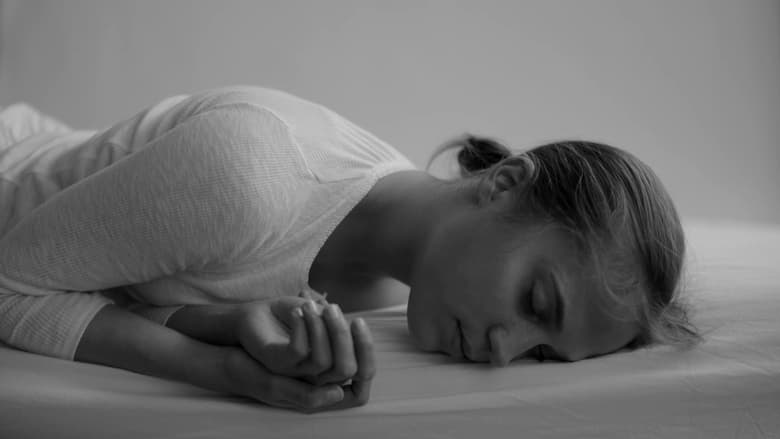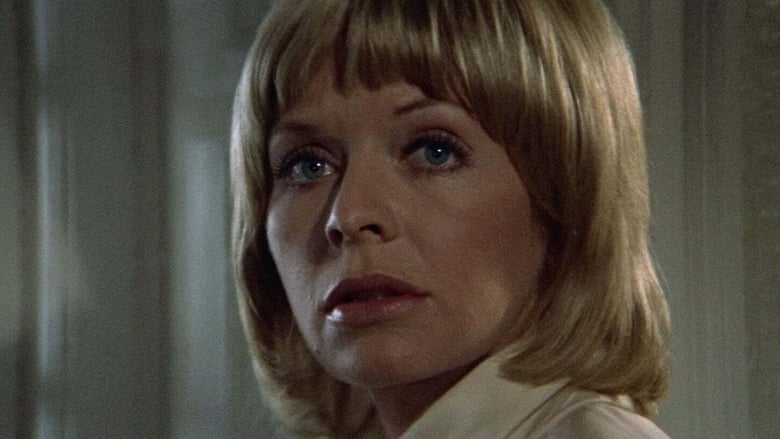A dying man in his forties recalls his childhood, his mother, the war and personal moments that tell of and juxtapose pivotal moments in Soviet history with daily life.


Similar titles
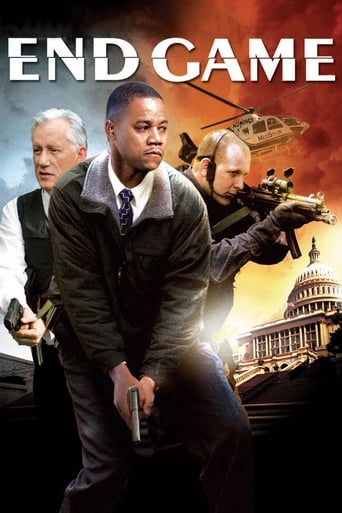
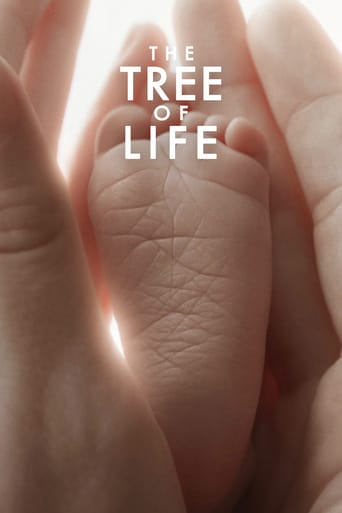
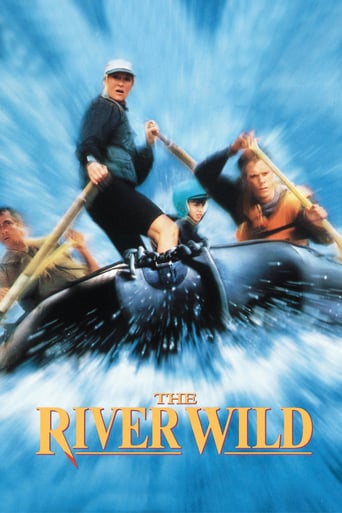
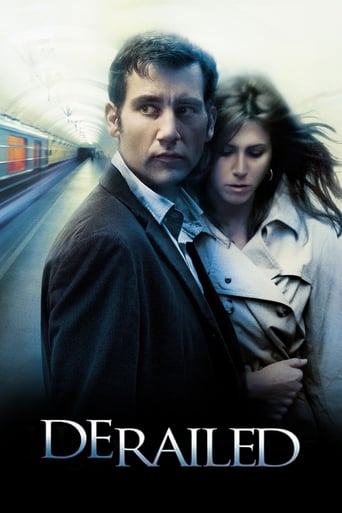
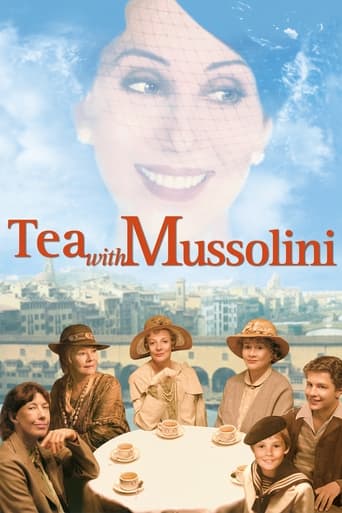
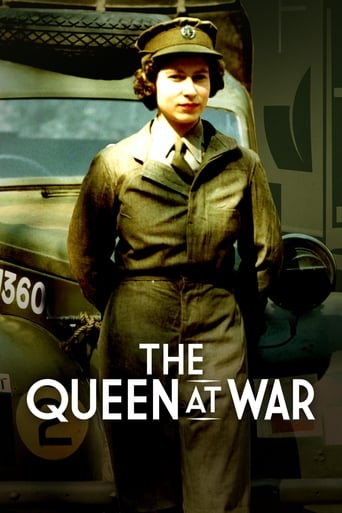
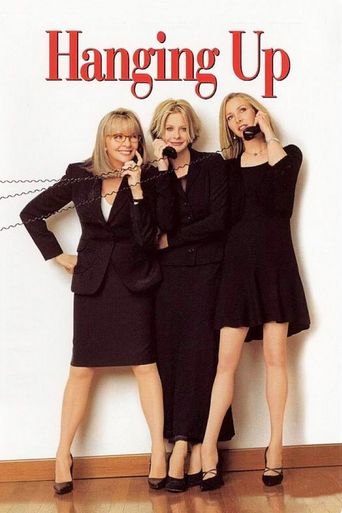
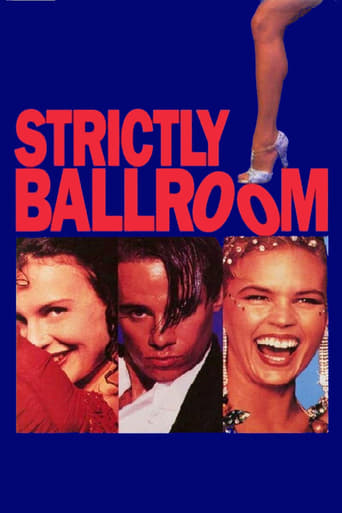
Reviews
This movies is like a life flashing before your eyes in the last moments before death. Nostalgia, longing, regrets, people, beauty, time and poetry are words that comes to your mind while watching.Very much like the liminal state between being awake and dreaming. The movie is woven like a cosmic gobelin scaling the globe, the human timeframe, needling through centuries and contrasting the personal life, with the life of a chaotic world, nature and machinery, near and far. I mostly remember this movie for the almost gnostic poetic montages about the archetypal human condition cutting through all of time and space. The sacred is in anything and Tarkovsky can actually show you that.
The Mirror is a film that touched me in a way no other film has. The cinematography and overall atmosphere draws indescribable emotion from me and takes my away. I can write an essay attempting to explain why it's a masterpiece and how it's an example of how movies don't have to be books with images to be great but words are just words and I'll fail to explain the emotions this movie makes feel. Just watch it and maybe you'll feel similar or maybe not, it's not for everybody. But for me it's everything I want in a film and more.
The mirror is a story of a dying poet experiencing a stream of consciousness. Aleksei the protagonist whose face is never revealed (since the memories shown are his true face) is recalling all the memories, dreams, thoughts, and feelings that he once encountered. The film shifts for that through three different timelines of pre- war, war, and post-war (asserting how the circumstances surrounding the person's life affect it). It is considered loosely autobiographical where the director is trying to reflect somehow on his own past pushing through its spiritual meanings, engaging in his country's history and present conditions, and depicting worldwide moments that concern all humanity. And with a brilliant touch the poems incorporated with several scenes are in fact written and read by the director's father Arseny Tarkovsky (It is important to note here that his second wife as well as his real mother appear in the movie).The highly unconventional film follows a nonlinear narrative.. and the dream-like sequence is often interrupted with archival footage that contributes to making the film a universal experience. Tarkovsky does not believe in using symbols, but every image of his carries one or several deep meanings. What about his perspectives then.. after all it is autobiographical. What is he trying to say? It seems that Tarkovsky is trying to show that everything is a reflection of another and that in every truth you'll find a mirror for the other. You'll find the mirror in the past and in the present.. in the spilled milk, in the open fields, the wind and fire, in the hardships and suffer, in war.. in the small moments of human sympathy, in the disembodied families, tragedies and lost love of a woman or mother... The director clearly uses elements from his own childhood.Tarkovsky believes in using images that provoke feelings more than thoughts and expects from his audience to perceive them from their own stance contributing by that to his work. And before going through some of the scenes, I would like to say that the camera work Tarkovsky employed is highly appreciated by critics.. the moving camera shots were fascinating and contributed thoroughly in the dream-like pace that defeats time.. mentioning also the slow motion and long shots.. the montage.. the switch from colors to black and white.. a piece of art.Interpretations to The Mirror starts with the opening scene.. the boy with the stutter may be a metaphor of how hard it is to communicate one's feelings (others said that it meant Tarkovsky has found his voice - maybe Tarkovsky meant both). The spilled milk appears in different parts of the movie as well as it does in other Tarkovsky's movies such as Stalker.. and it is accompanied here with the disembodied family. After several scenes, a thrilling shot of the husband washing Maria's hair is displayed (they need to take a different approach?).. at the end of the scene Maria views her physical appearance as an old lady facing her (the past haunts us - a reflection). Aleksei (post-war) talks to his mother on the phone and they always argue. Aleksei also quarrels with his wife Natalya and the same actress depicts both mother and wife (did Aleksei choose a woman similar to his mother to compensate "the missing love" or just as his wife stated that meant he is incapable of having a normal relationship with anyone"?"). Engaging in his country's issues, the pre-war "printing incident" scene implies that the state is suppressing.. Another scene shows an archival footage of soviet soldiers accompanied by poems about immortality and that everything in life is in a way everlasting (the spiritual journey appears in all of Tarkovsky's films). The archival footage also shows the Chinese - Russian conflict. Events that are "more universal" are also shown.. the Kurdish balloon journey, Spanish civil war (Insights, invention, and human sympathy), and the atomic tests of the year 1946. War and sympathy for its victims appear also in the scene of the Asafiev; the orphan who lost both his parents. After the shooting scene, the boy goes up to a snowy hill (implying how deep the suffering is) and a black bird stands on his head and Asafiev captures him (maybe a metaphor for the human potentials that were obstructed by war and tragedies). A blonde girl appears through several scenes and in one time with an injured lip (lost love).Leonardo Da Vinci's book is revealed in the hands of Aleksei and his son Ignat (also the same actor depicts both characters). The book makes time irrelevant and mixes the past with the present.. everything seems interrelated and reflects one another. A leaf (sadness, decay) appears in the book (representing art - decline of humanity due to war?). Ignat reads Pushkin's letter to a character that seems to resemble Anna Akhmatova (it is implied then that the character's presence was imagined - though the same character appears at the end sitting on the bed of the dying poet).Near the end, young Aleksei goes with his mother to the rich woman's house to sell her earrings.. Maria feels sickened (from the aristocratic presence?). The rich woman pushes her to "slaughter" a chicken for dinner and from there the film goes into the "levitation scene" where Maria's body rises up and a dove flies above her (the quest for peace through all this madness? - note that in a previous scene a co-worker compares Maria to a confused character in one of Dostoevksy's stories). The scene is thrilling and intense. We see then Aleksei dying.. he releases a bird from his hands (his soul to eternity?). After that, the last scene combines the three timelines all together as if happening at once!
A dying man in his forties remembers his past. His childhood, his mother, the war, personal moments and things that tell of the recent history of all the Russian nation.Tarkovsky is probably the greatest Soviet / Russian director of his generation. Indeed, who else even comes close? If you were to list the top Russian directors of all time, Tarkovsky would be right near the top, perhaps only beaten by Eisenstein.He has a science fiction and fantasy way to look at the world, and even in more realistic films like this one, that sense of wonder comes through. Few other directors would "paint" their scenes like this, out of order and in different colors (or lack of color). He is someone who ought to be studied, and surely is.
